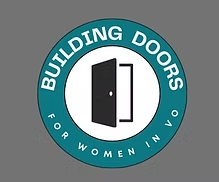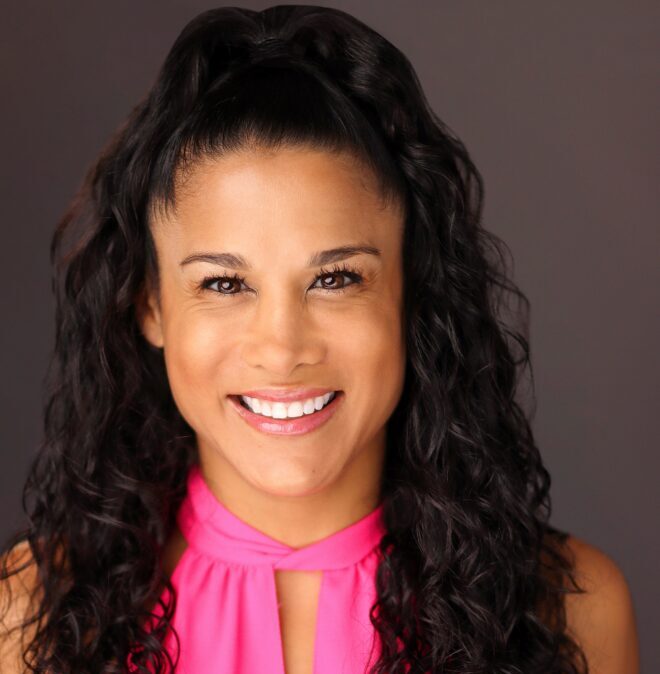If you feel the time is right to get your first agent, but are uncertain of where to start, this blog was written for you! Below, you’ll find some very specific information to help you get started:
Do your research about which agents might be a good fit for you before you approach them. Consider the following:
- Local agents or regional agents are a good place to start. Not only will you be more likely to acquire an agent at this level, you may also have a better chance of booking at this level.
- Reputation is key. Your good name will be associated with the agent’s name. Make sure you are seeking out agencies that are well recognized and respected in the industry for booking high-caliber talent at standard or higher rates. You want to be paid fairly and be in good company.
- Review their existing roster of talent to make sure that they aren’t already representing multiple people that have a similar style of delivery than you. For example, if you are a woman in your twenties and have an upbeat high-pitched sound, you wouldn’t want to seek out an agency that already has several women who could be described that same way. It’s best to avoid having to compete with other talent at your agency for a role. In an ideal world, you will be able to find an agency that has a “hole” in their roster that you fit perfectly into.
Once you’ve narrowed down a list of potential agents, take the time to do the following:
- Follow the agency on social media and “like” their pages and posts. It will show them that you are interested in them. Plus, it helps to put your name in front of them so that it begins to feel familiar.
- Do some research online about the agency and the people that work there. Get to know what the agency is about and what their brand is. Also, make note of any names of people that may be involved in new talent acquisition so that you can direct your solicitation to the right people.
- Look at their roster and identify people that you know that may be able to refer you to the agent personally. Knowing someone that they are already working with can help you get listened to more quickly. Ask them to reach out on your behalf and/or see if they are okay with you at least name dropping them in your future correspondence with the agent when you reach out for representation. Please note, that you only want to ask people for referrals that you know well and feel would be receptive.
- Check their website to see if they have specific instructions on how to submit yourself and your demo for consideration. Some agencies have a protocol for how they like to receive new talent submissions and may even require that you audition. It’s very important to follow the instructions carefully. Disregarding their wishes and contacting them any other way than they have requested can come off as pushy and disrespectful.
Now, it’s time to make your move. In cases where the agent has not given you instructions on how they would like to receive new talent submissions, you will have to choose between a cold call or a cold email. Phone calls can be tricky, because you may end up interrupting them while they’re working on an important task. Also, if forced to leave a message, you put yourself in the disadvantage of having to wait for a return call (that you may never get). I recommend reaching out with a short and sweet email. Here are a few ideas of how to capture their attention
- Open the email with a short introduction of who you are and why their agency is so special. For example, “My name is Kelley Huston and I am interested in joining the (agency’s name) talent roster. In the five years that I’ve been doing voice-over professionally, I’ve heard a number of fellow voice-over actors rave about working with (agency’s name), including my dear friend, Joe Smith. Upon further research, I discovered that (agency’s name) was the very first voice-over talent agency in Colorado. Now, that’s a title that no other agency in Colorado will ever be able to claim! It would be an honor to be considered as a new talent submission.” Taking the research you did on the agency earlier and incorporating into a thoughtful and personal message will help you stand out.
- Give them a quick rundown of your accolades and experience, using bullet points so that it’s easy to quickly read or skim. Don’t be afraid to boast a bit. Keep yourself in the mindset that you are unique and will be a great asset to them. The types of things that will be of interest to potential agents are:
- Studio capabilities – They’ll want to know that you have a professionally equipped studio that is acoustically sound. If you have a fancy microphone or a pre-fab sound booth (i.e. WhisperRoom, Studiobricks, etc.), you may want to mention that. However, don’t list out every item of equipment in your studio. They simply don’t need all of that level of detail.
- Union status – Knowing this information will help them understand how they can help you and where you fit in at their agency.
- Voice description – Giving them a list of adjectives that describe your signature style can be helpful. (i.e. “My voice has been described as….”)
- Recent bookings – List out recent bookings that you are proud of, as well as ones with recognizable names. If your list of bookings are all obscure local clients, you may want to just leave this bullet point out.
- Testimonials – If you have a great testimonial that is short and to the point, you may want to consider including it.
- Link your website (if you have one), with an invitation to learn more about you and your career and hear your demos. You should also consider attaching your commercial and narration demos to the email so that it’s easy for them to quickly access.
- End the email by letting them know that you are grateful for their consideration and look forward to their response.
I realize it can be difficult to send these cold emails to agents. It puts one in a vulnerable position of possible rejection. However, remember that each one of us has something to offer. Our self-esteem as artists should never be in the hands of others. Understand that like anything, it may take a few tries to finally be accepted onto an agent’s roster. Oftentimes, the decision of whether or not to work with talent has more to do with the timing than anything.
As far as follow-up goes, you will want to reach out to the agent another time or two, if they have not responded. Here are a few bonus tips for that:
- Forward the original email you sent them and just add the new note at the top. That way, they can easily see all of the communication that came before it. If you are forwarding your original email, be sure the change the subject line so that it doesn’t read “Fwd:”
- Give them a bit of time before following up. One or two weeks as a timeline seems appropriate to me.
- When you do reach out to follow up, make sure that you include an update. You want to engage them, without making them feel awkward or embarrassed for not having responded. Telling them about a fun session you had recently would be a great reason to reach out, without putting them on the spot.
- Continue to engage with the talent agency on social media. They will appreciate that you are paying attention.
Good luck with your search and requisition of agents! Remember that perseverance pays off and continue to work hard and believe in yourself.
Kelley caught the acting bug at the ripe young age of eight and has been at it ever since. After finishing college with a degree in Theater Arts, she stepped into a vocal booth and felt immediately at home. With over two decades of experience behind her, Kelley brings a sense of approachable confidence and a playful wit to her reads. She is skilled at a range of styles, but is known for her authentic and genuine delivery.
Her commercial & narration clients include Adidas, Subaru, Lean Pockets, Fisher-Price, American Greeting Cards, Target, Aquaphor and Dell Computers to name a few. She also voiced Catwoman in Sony Online Entertainment’s Playstation game, DC Universe Online and has enormous experience as a narrator for eLearning courses.
Kelley also has 10 years of experience as a line producer in the commercial industry, giving her a unique perspective on voice-over within the field of advertising. A few of her production credits include major brands such as Lowe’s, Nike, Purina, Kellogg’s and Anheuser-Busch.
She finds coaching to be incredibly rewarding. Being able to share her enthusiasm and experience with students is a real treat.





